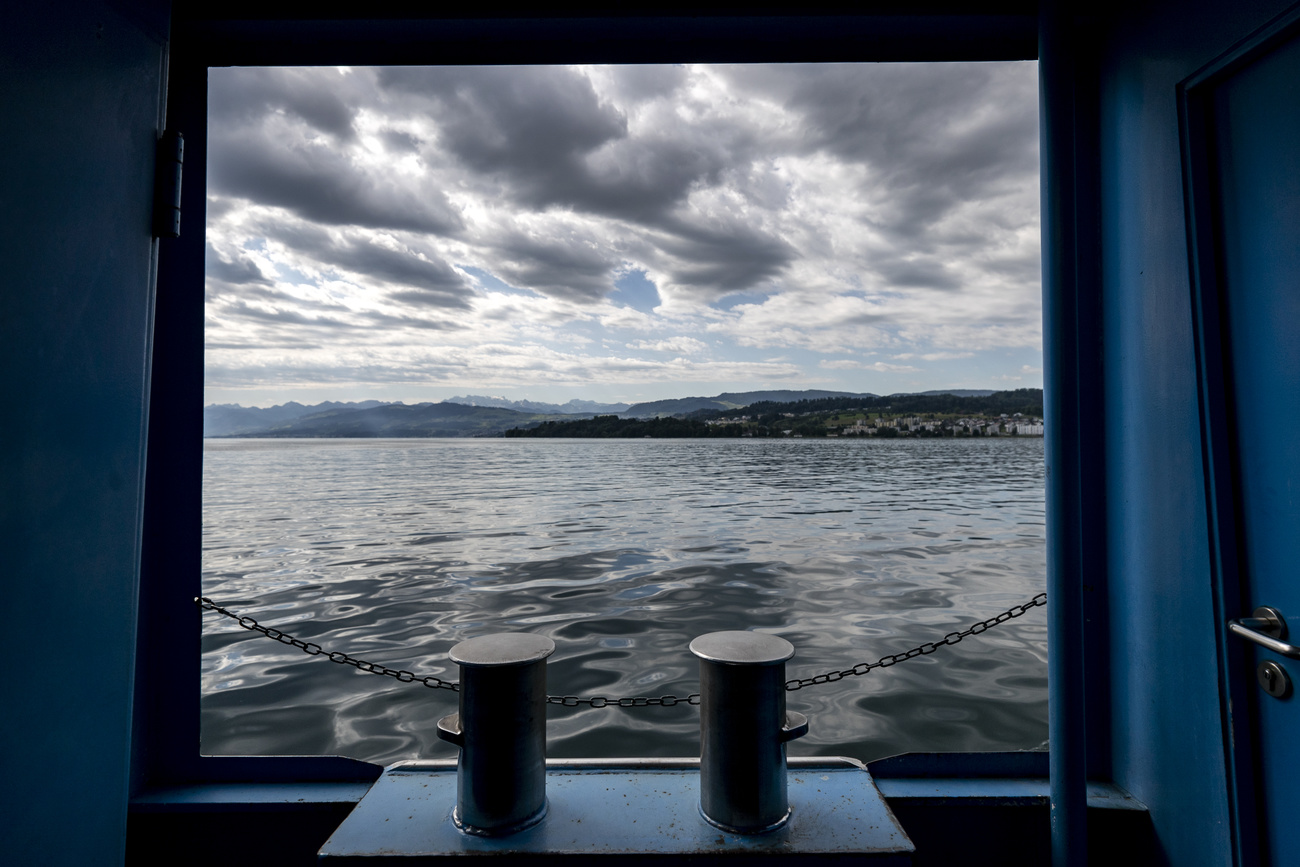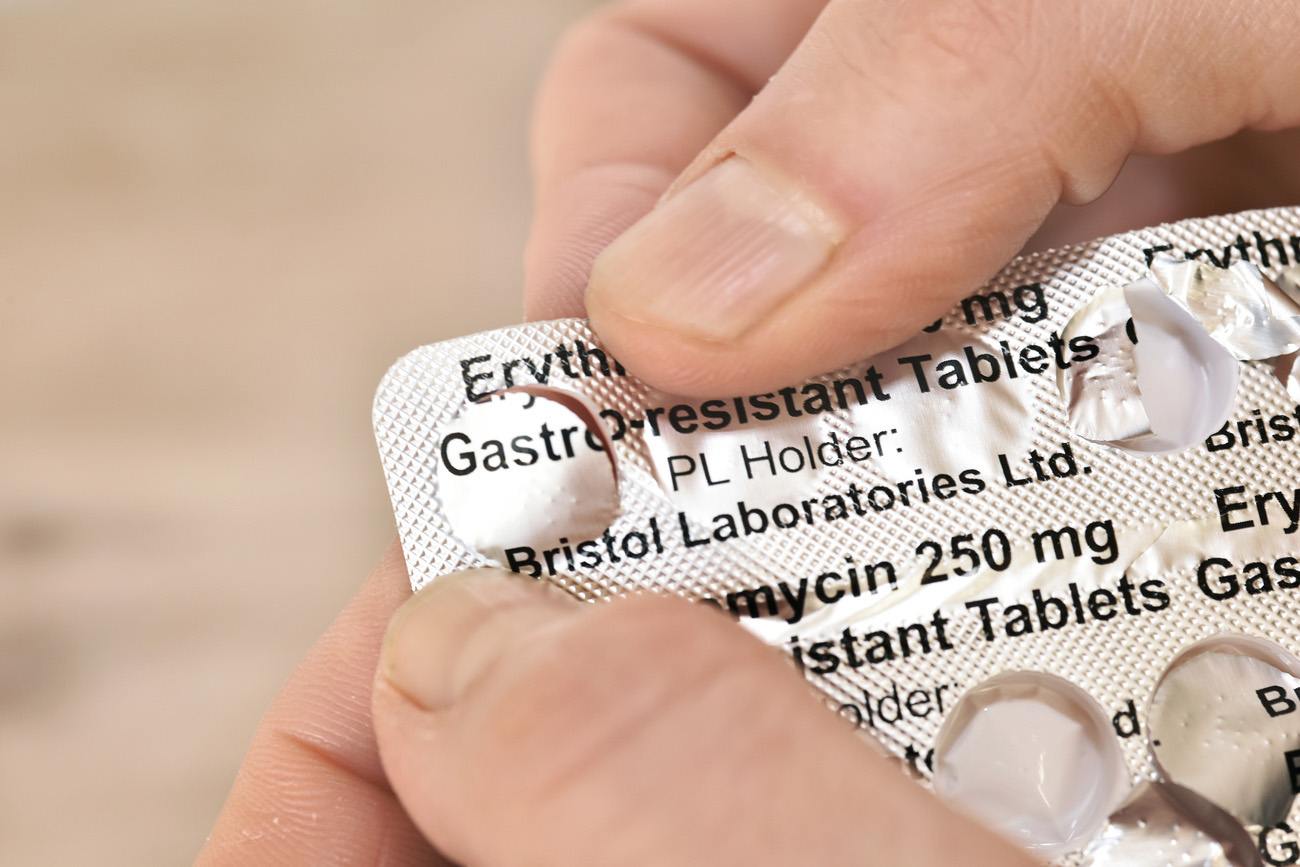

Switzerland Today
Hello from Bern on Whit Monday, or in the Swiss languages, Pfingstmontag, Lundi de Pentecôte, and Lunedì di Pentecoste. Whatever it’s called, it’s a day off for most here – hopefully the same goes wherever you’re reading this from.

In the news: coping with inflation, hacked data, and heavy defeats.
- Economics Minister Guy Parmelin has said it’s up to unions to negotiate salary increases to cope with inflation due to the war in Ukraine. In an interview with the SonntagsBlick yesterday, Parmelin said it wasn’t the job of the state to “anticipate” talks between employers and unions, although the government could look at other measures, like supplementary benefits for poorer households.
- Basel pharma firm Novartis confirmed on Sunday that it had been the victim of a hack. The company said the case had been thoroughly investigated and that it had ruled out the theft of sensitive data. According to the Bleeping ComputerExternal link website, a hacker group called Industrial Spy had offered to sell stolen Novartis data – relating to RNA and DNA-based drug technology – on the darknet for $500,000.
- The Swiss men’s football team lostExternal link 4-0 against Portugal in the Nations League on Sunday night – the heaviest defeat for the “Nati” in 14 years. After an over-achieving 2021 which saw the squad advance to the quarter-finals of the European Championship, the team has now gone four games without a win. At the World Cup in Qatar this winter, Switzerland will face Brazil, Serbia and Cameroon in the group stage.

Swiss wine: in search of local support against foreign invaders.
Since it’s a public holiday, and a generally nice afternoon, it’s safe to assume a few Swiss are enjoying a glass of white wine in their gardens today. But is it a glass of local chasselas? Or an imported plonk? The odds are in favour of the latter: although national wine is the single most-popular among Swiss drinkers (35% of all wine consumed), the majority of what’s drunk is foreign, notably Italian (24%), French (15%), and Spanish (10%). With Switzerland’s cramped and mountainous geography not favouring new vineyards, and with comparatively high salaries and standards in the sector, Swiss wines face “strong competition” from abroad, writesExternal link the industry promotional body.
Some politicians now want to help out, Le Temps reportsExternal link today. Later this week, the paper says, parliament will debate a proposal to bump the annual state contribution for promoting Swiss wine from CHF2.8 million to CHF9 million ($2.9 to $9.3 million); a “reasonable” amount that will help local vineyards catch up with the promotional campaigns of their European rivals, backers say. Will the vote pass? The government is against the idea, claiming such aid would be disproportionate and unfair to other agricultural areas. It also says that linking the aid to certain standards in the viticulture sector is difficult, since such standards don’t even exist yet. The vote is set for Thursday.
If it’s rejected, could another source of help come in the form of Migros? The country’s biggest retailer has recently been asking its 2.2 million(!) members to vote on whether the supermarket should begin selling alcohol – something that would break with an almost 100-year-old tradition of abstinence. If this vote was to pass, SRF radio speculatedExternal link on Saturday, it could also mean a boost for Swiss wine – assuming that Migros would prioritise local vintages (and why wouldn’t it? after all, one of the supermarket’s mottos is “from the [local] region, for the region”). However, this is still far from a given: firstly, Migros hasn’t said anything about its oenological preferences, and secondly, the vote isn’t a shoo-in; it needs a 60% majority to pass. The results are due in the middle of this month.
More

In compliance with the JTI standards
More: SWI swissinfo.ch certified by the Journalism Trust Initiative


































